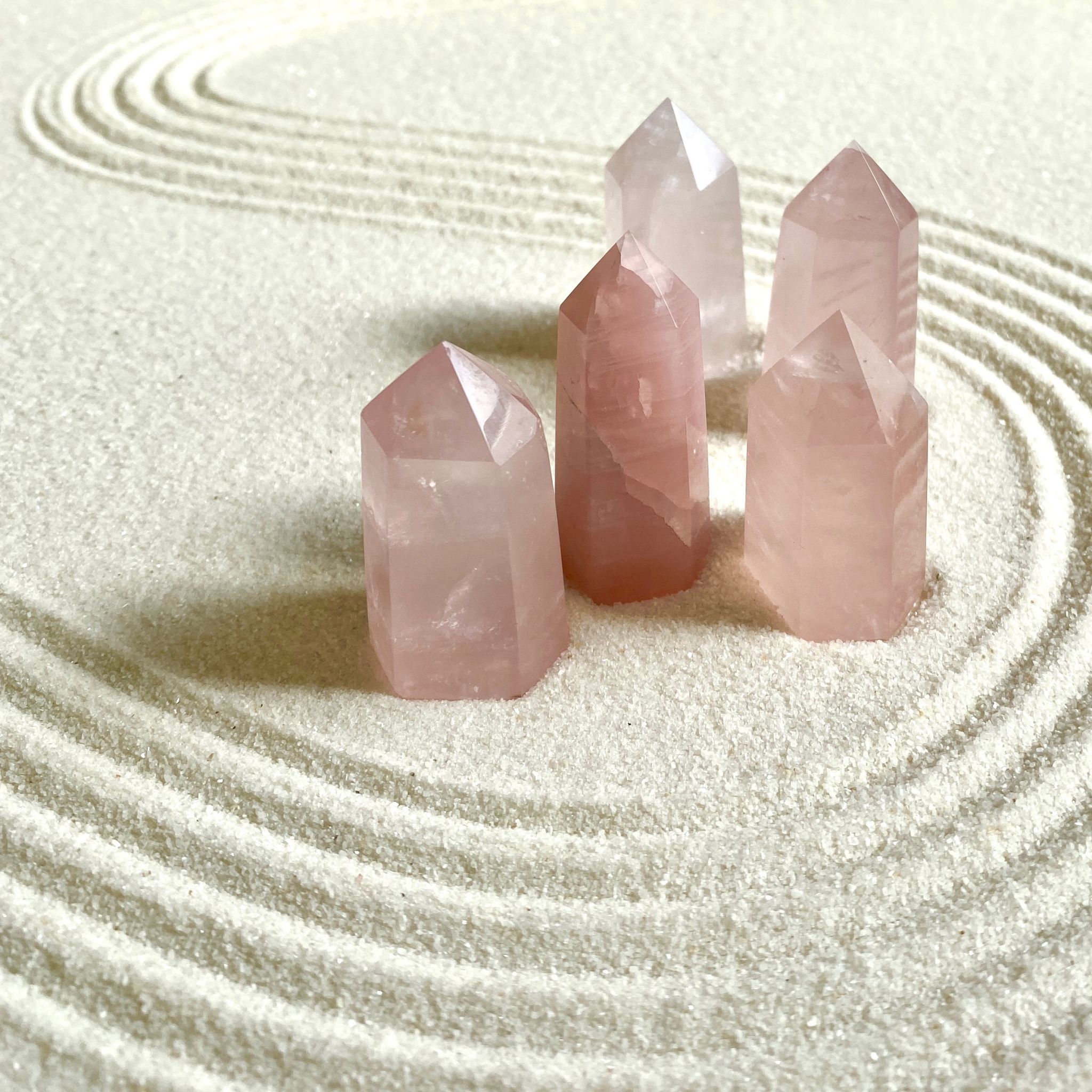Debunking Myths: What Energy Healing Really Means
Understanding Energy Healing
Energy healing is a holistic practice that has been gaining popularity, yet it remains surrounded by misconceptions. The essence of energy healing lies in its focus on balancing and restoring the natural flow of energy within the body. Contrary to some beliefs, it does not involve magical practices or unscientific methods.
At its core, energy healing is about promoting wellness by enhancing the body's subtle energies. Practitioners believe that our health is influenced by energetic imbalances, and by addressing these, we can achieve better physical, emotional, and spiritual well-being.

Myth 1: Energy Healing is Unscientific
One common myth is that energy healing lacks scientific backing. While it's true that more research is needed, there are studies that support its benefits. Techniques like Reiki and acupuncture have shown positive results in managing pain and stress.
Moreover, energy healing often complements conventional treatments. Many healthcare professionals incorporate these practices into their patient care for a more holistic approach, recognizing their potential benefits.
Myth 2: Only the Spiritually Inclined Can Benefit
Another misconception is that energy healing is only for those deeply spiritual or religious. In reality, anyone can benefit from energy healing practices. These techniques are not bound by spiritual beliefs and can be adapted to suit individual preferences.

People from diverse backgrounds have reported improvements in their mental clarity, emotional balance, and physical health after engaging in energy healing sessions.
Myth 3: Energy Healing is a Replacement for Medical Treatment
It is crucial to understand that energy healing is not a substitute for conventional medical treatment. Instead, it should be viewed as a complementary practice that can enhance traditional healthcare methods.
- Energy healing can help reduce stress and anxiety.
- It may boost the body's natural healing processes.
- It promotes relaxation and overall well-being.

The Role of the Practitioner
Energy healers are not miracle workers; they are facilitators who guide the energy flow within the body. Skilled practitioners use various techniques to help clients achieve balance and harmony.
The success of an energy healing session often depends on the practitioner's experience and the client's openness to the process. It requires trust and collaboration between both parties.
Embracing a Holistic Lifestyle
Incorporating energy healing into your life can lead to a more holistic lifestyle. This shift often involves being mindful of your body's needs, practicing self-care, and embracing positive changes in your daily routine.
Whether through meditation, yoga, or other forms of energy work, these practices can support your journey towards improved health and well-being.

Conclusion
Energy healing is a valid and valuable practice that offers numerous benefits when understood and applied correctly. By debunking myths and clarifying misconceptions, more individuals can explore this path towards a balanced and healthy life.
As with any health-related practice, it's essential to approach energy healing with an open mind and a willingness to learn. Embrace the journey to discover how it can complement your overall wellness strategy.